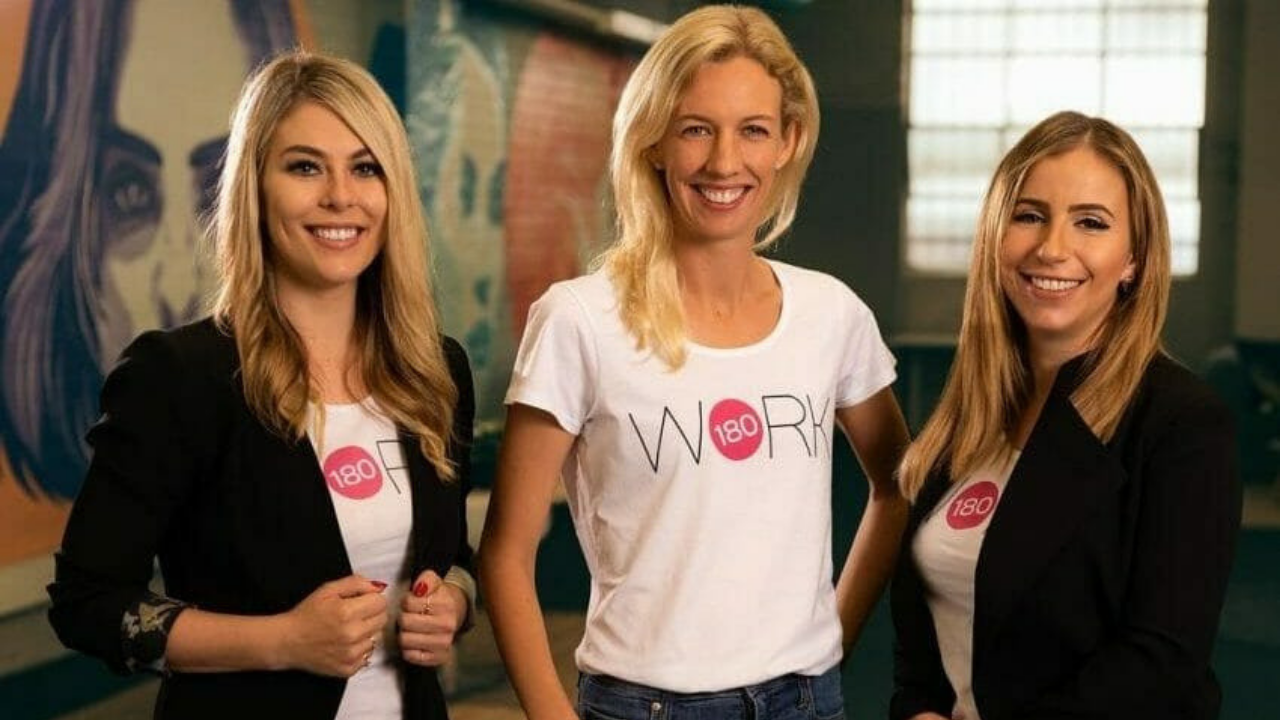MP Helen Whately made headlines when she introduced a flexible working bill into UK Parliament, which would require organizations to offer flexible work arrangements so long as tasks could be completed this way.
“At the moment, too many women are reluctantly dropping out of work or going part-time after having children because their employers won’t allow them flexibility,” said Whately.
This bill has set a new precedent for work expectations — workers are evolving and workplaces should evolve with them.
A recent report found that 40% of millennial UK workers refused a job because it did not offer flexibility as the generation highly values a healthy work-life balance.
Gemma Lloyd, founder of Australia-based WORK180, found stark differences between Australia’s flexible culture and the UK’s after expanding into the nation last year.
“At WORK180, we provide transparency for women looking to work for companies that support flexible arrangements by issuing the ‘Flex Able certification’ to organisations, following careful examination of their flexible work policies, and the rate of their actual implementation,” said Lloyd.
Lloyd believes that Australia should follow in the UK’s footsteps and introduce a flexible working bill. If there is no government interference, the changes Australia and the world will experience will be incremental.














